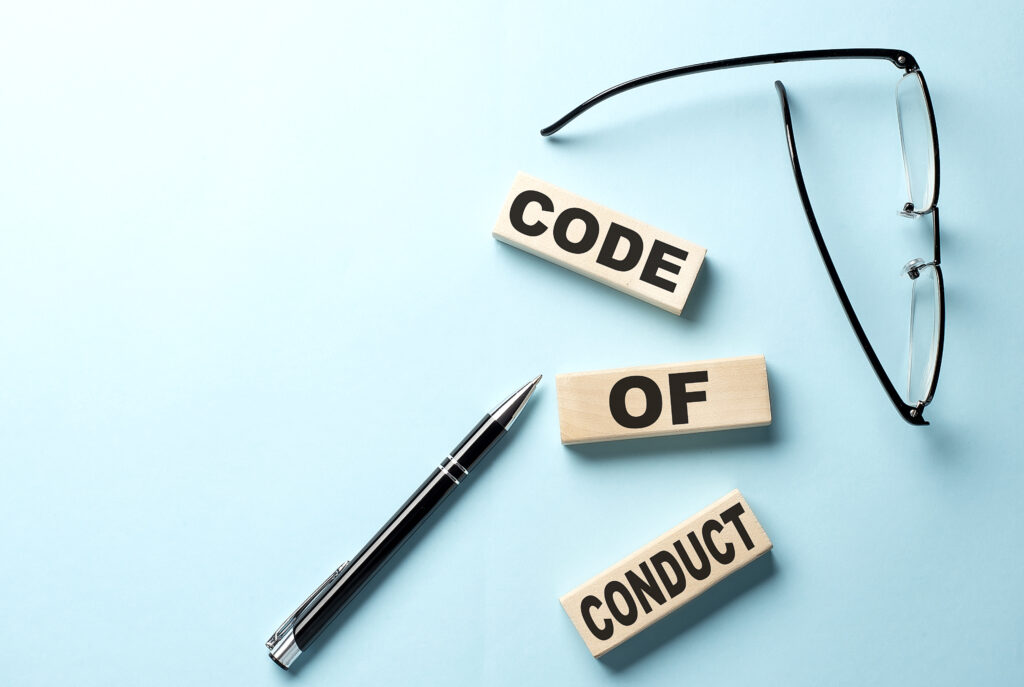INTRODUCTION TO CORPORATE ETHICS AND ITS SIGNIFICANCE
- Understanding Corporate Ethics.
- Definition of corporate ethics.
- The role of ethics in business.
- Historical context and evolution of corporate ethics.
- Significance of Corporate Ethics.
- Why ethics matter in modern organizations.
- Benefits of ethical business practices.
- The impact of ethics on reputation and stakeholder trust.
ETHICAL PRINCIPLES AND DECISION-MAKING FRAMEWORKS
- Ethical Principles.
- Common ethical principles (e.g., honesty, integrity, fairness).
- Ethical values and their application in the business context.
- Decision-Making Frameworks.
- Introduction to ethical decision-making models.
IDENTIFYING AND ADDRESSING ETHICAL DILEMMAS
- Recognizing Ethical Dilemmas.
- Understanding the nature of ethical dilemmas.
- Common ethical dilemmas in the workplace
- The role of cognitive biases in ethical decision-making.
- Strategies for Addressing Ethical Dilemmas
- Steps in ethical issue identification.
- Effective communication in addressing ethical concerns.
- Case studies and group discussions.
DEVELOPING A CODE OF CONDUCT AND ETHICAL POLICIES
- Creating a Code of Conduct.
- Components of a Code of Conduct.
- Drafting a code that aligns with organizational values.
- Ethical Policies and Procedures.
- Developing specific policies to guide ethical behavior.
- Implementation and enforcement of ethical policies.
- Training and Communication.
- Training employees on ethical policies.
- Effective communication strategies to promote ethical conduct.
LEADERSHIP AND ETHICAL BEHAVIOR
- Leadership and Ethical Role Modeling.
- The influence of leadership on organizational ethics.
- Strategies for ethical leadership development.
- Ethical Decision-Making in Leadership.
- Challenges in leadership decision-making.
- Case studies on ethical leadership.
- The impact of leadership behavior on organizational culture.

